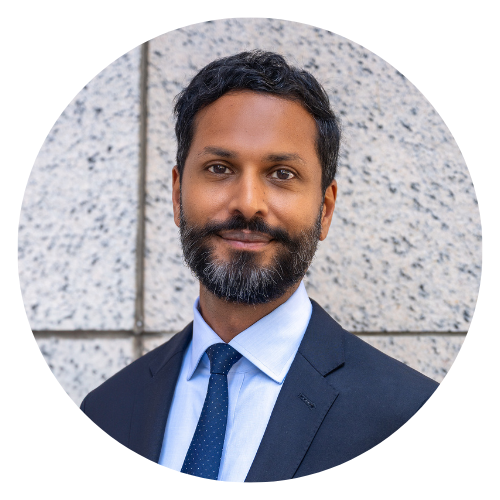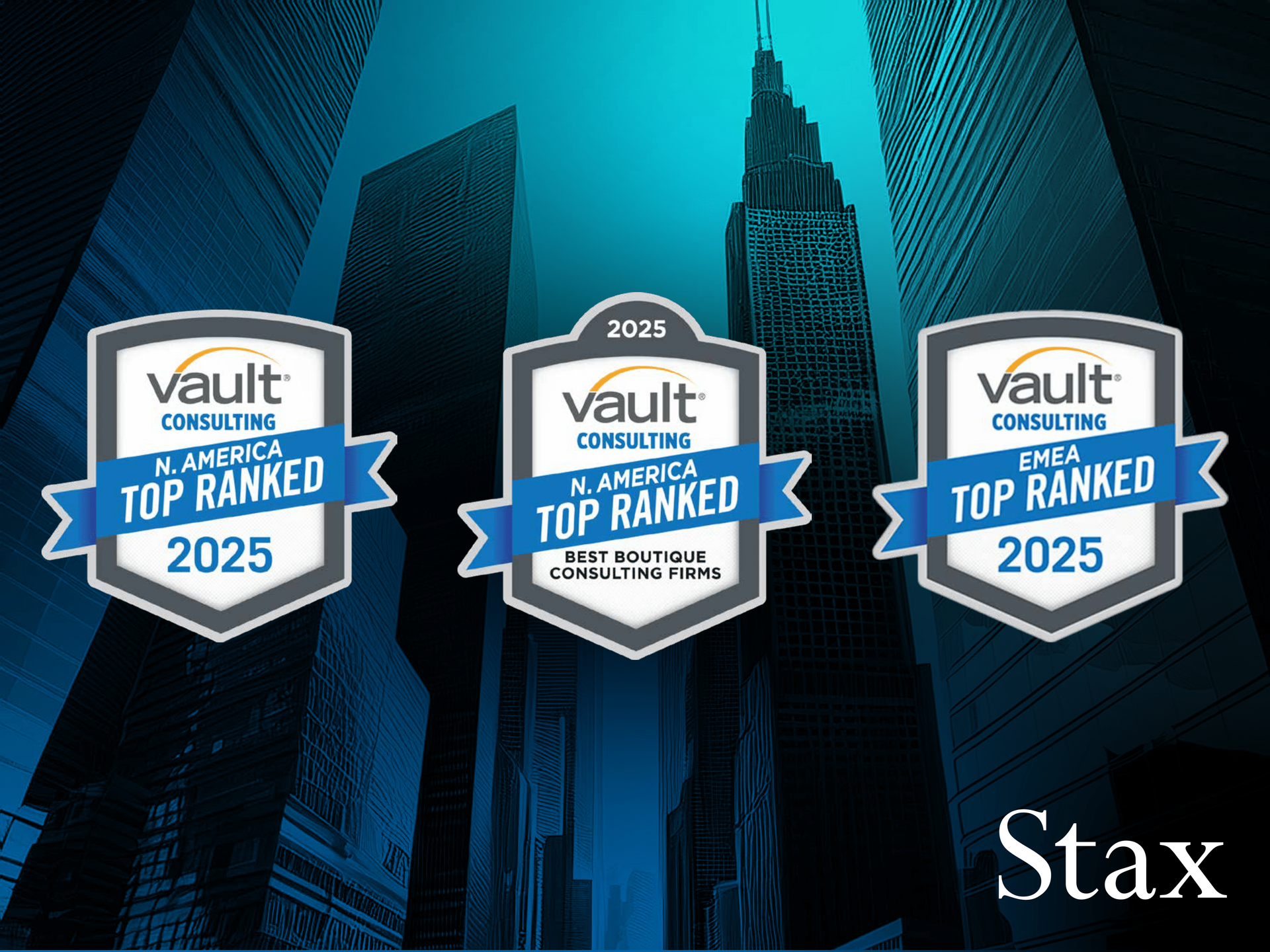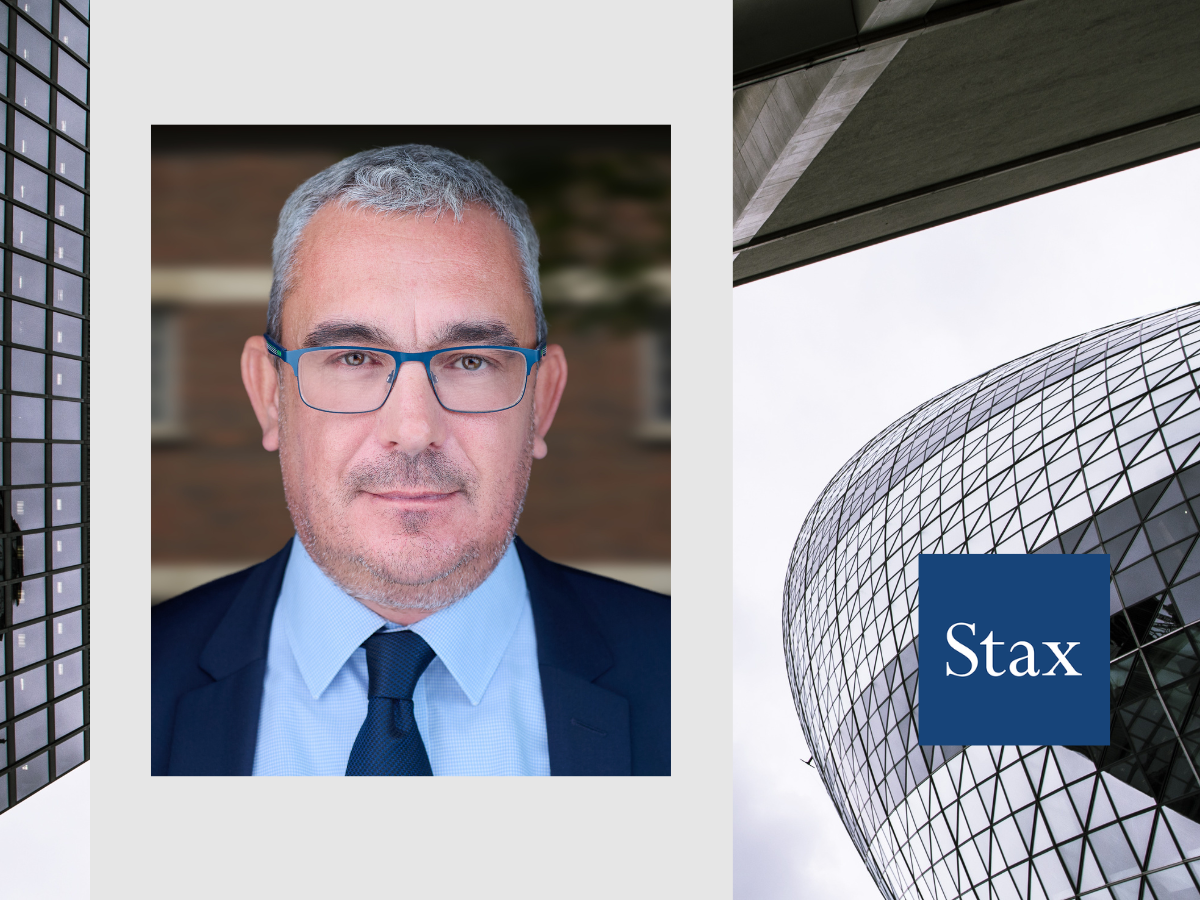Anuj A. Shah Discusses Sustainability on Wintrust Business Lunch
Anuj A. Shah Discusses Sustainability on Wintrust Business Lunch
Anuj A. Shah, Stax Managing Director and ESG Practice Lead recently appeared on the Wintrust Business Lunch radio show hosted by John Williams, discussing Stax's approach to sustainability and its integration into client strategies. Below is a transcript of the radio segment.
John Williams
Now with the Anuj Shah, who is a Managing Director at Stax. Anuj, you're on WGN radio. How are you today?
Anuj Shah
I'm well. How are you, John? Thanks for having me.
John Williams
Pretty good. I'm just learning about your business but tell us a little bit about what you all do.
Anuj Shah
We are a strategic advisory firm or consulting firm. I'm based out of Boston and we have an offices in Chicago, New York, London, and Colombo, Sri Lanka. We work primarily with private equity firms, and what we do is commercial due diligence. When that company is looking to make an investment in another company or when the investor is looking to make an investment in a company, we do the commercial due diligence for them. When they actually own the asset and are looking to grow value during the ownership period, we will do work we would generally call value creation work. There's different sort of subsets around that. When they're looking to sell the asset, we will help do the sell-side or the exit planning and do the work to appeal to the next buyer on why this would be an attractive asset or company for them to buy. I lead the ESG and Impact Advisory practice at Stax.
John Williams
So, if I were going to invest in a business, I want to make sure this is a good investment. And you troubleshoot that up front?
Anuj Shah
Exactly. I mean for the most part, what we're looking at is the growth opportunity. Where is the story? Where can they actually increase their market share, etc.
John Williams
Yeah. And it sounds like diverse work, like you must put your hand in a lot of different pots and the word that it pops up in the stories about you and your business is sustainability. Talk about that a little bit.
Anuj Shah
The way we think about sustainability, and the way the world is thinking today is about the climate transformation or climate transition or energy transition. There are a lot of opportunities that are happening across industries and sectors. To prepare for what we think is going to be a big change in the way we operate as a nation when it comes to energy. We would say or I'd say to clients, take a step back, zoom out a little and let's talk about a sustainability transformation - across industries and across sectors. Because of regulatory concerns, consumer demand, awareness, brand value, there's a little bit of a sustainability transformation that has to happen across various industries and sectors, I'd say applicable almost across any industry and sector.
And so that's what we mean when we talk about sustainability: where can we reduce g the carbon footprint, if it's reducing packaging waste for a company that manufactures items. In some ways you would think about sustainability when it comes to workers of decreasing turnover rates, when it comes to data privacy or data security would be reducing the number of breaches. It's somewhat of a broad encompassing term, but what we do for our clients is certainly to figure out what makes sense for the business they that they're looking to evaluate or for the management team and what makes sense for that business.
John Williams
Are you talking about on the production end like actually how they perform or provide services? Are you talking about the marketing of it? Hey, we're a green company.
Anuj Shah
It's not just the marketing, it's how can we embed sustainability into your strategy and how does that strategy create value for you as the company. It has to be tied back to financial performance. Otherwise, most of these companies wouldn't be looking meaningfully at this. We have to demonstrate to our clients that there's value to be gained here.
John Williams
Well, let me ask you, what are they missing? I mean here you guys come in and say, hey, what about this? You should do that, didn't they? Why didn't they think of that? What do you see that they don't.
Anuj Shah
Honestly, often management teams are focused on the day-to-day operations and running of their company. They engage advisors like Stax to broaden their perspective on risk and operations, and how to think about widening the aperture of the lens at which you look at risk. You know, potentially there's risk here.
John Williams
Right. So yeah. One last question about that is it hard to persuade them sometimes to take your advice or do they not have any choice?
Anuj Shah
It shouldn't be hard if we can connect the dots. Demonstrating the value is crucial. In the ESG space, there's a misconception in the US that it's about promoting liberal values, which isn't true. It's about showing tangible connections to financial impact. Today, I discussed with colleagues the importance of connecting these dots in a way that's accessible and understandable. You're not using terms like Scope 1, Scope 2, Scope 3 emissions. You're talking about what's your annual spend on energy? And if we can reduce your annual spend on energy by transitioning to renewable energy sources. It makes much more sense. It becomes much more tangible to the management team of a company.
John Williams
Anuj Shah is a Managing Director at Stax. He advises private asset managers, investment banks and others on these kinds of solutions. A really interesting sector and huge thank you for joining us today.
Anuj Shah
You're welcome, John. Thanks for having me.
Read More
All Rights Reserved | Stax LLC | Powered by Flypaper | Privacy Policy







